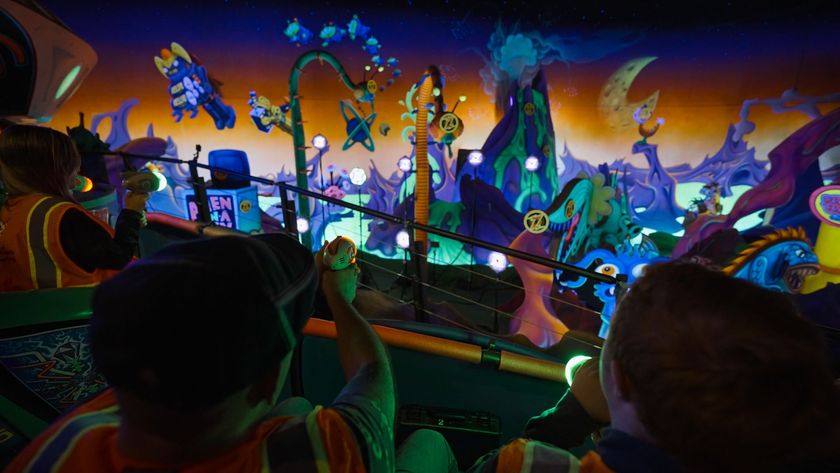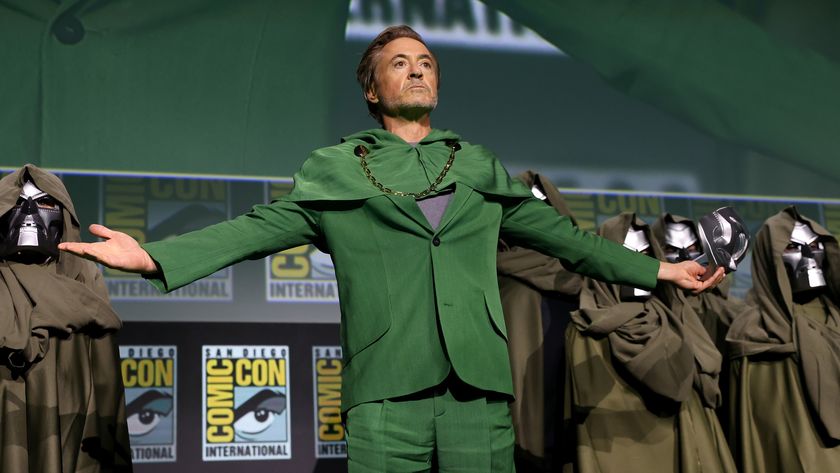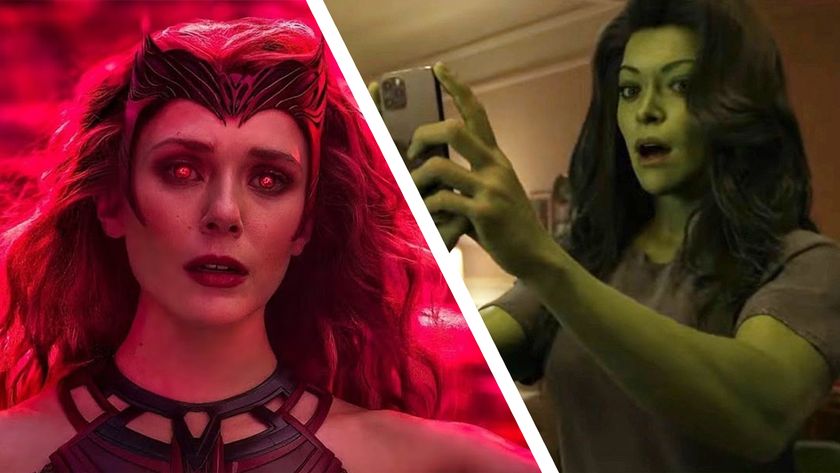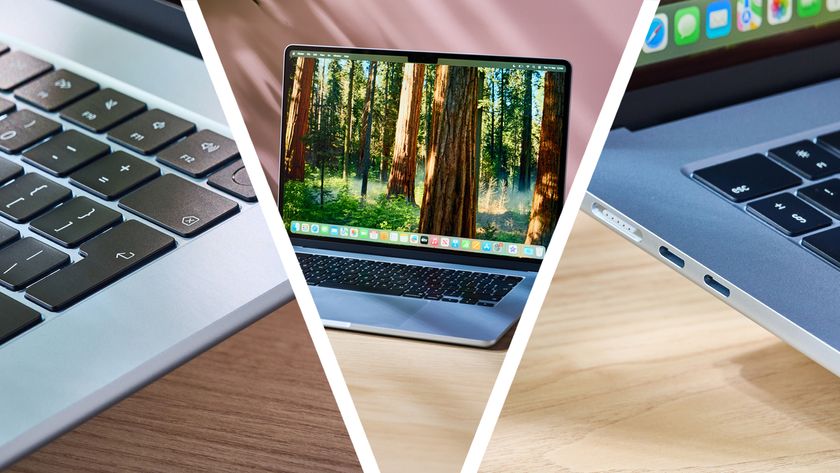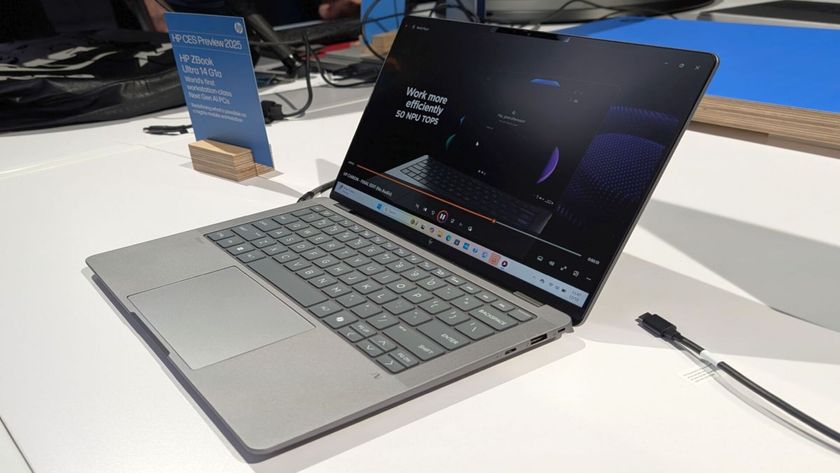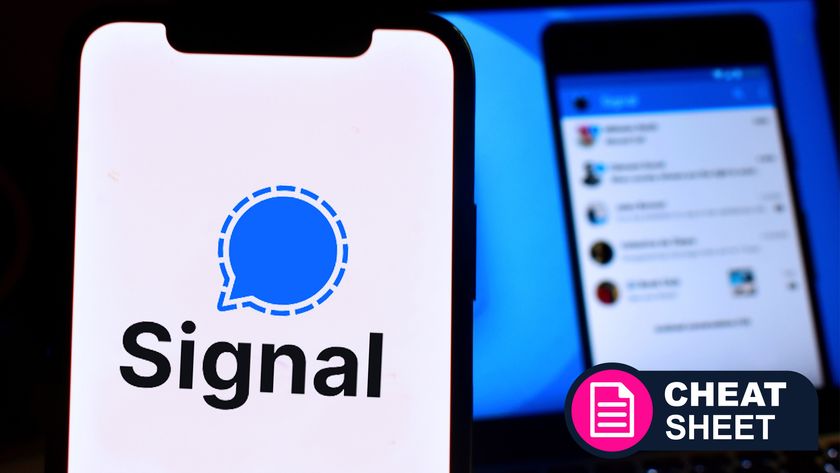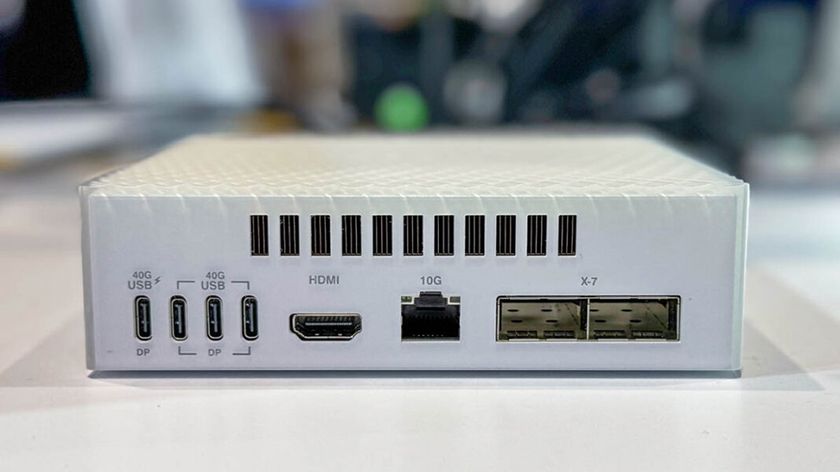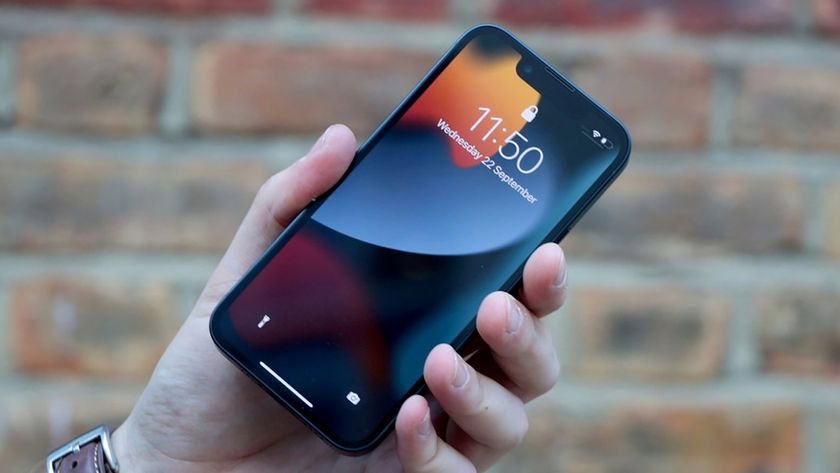2018 Winter Olympics will be slaloming its way onto your TV in 4K HDR
The event in PyeongChang, South Korea, will be shot and broadcast in 4K HDR
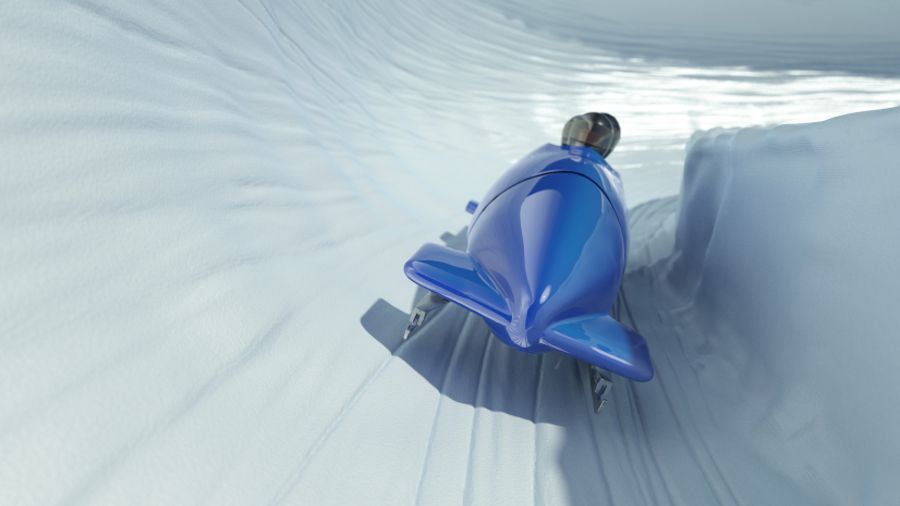
The 2018 Winter Olympics taking place in PyeongChang, South Korea, this February will be available in 4K HDR.
According to reports, some of the most popular events of the 2018 Winter Olympics will be shot in 4K HDR, including the opening ceremony, figure skating, hockey and snowboarding.
When they air on the BBC in the UK next month, the 2018 Winter Olympics will be a result of a collaboration between the Olympic Broadcasting Services (OBS) and Japan’s NHK, the national public broadcasting organisation.
High pixel density for high performance sports
Yiannis Exarchos, CEO of the Olympic Broadcasting Services, said: "OBS is proud to continually provide and facilitate the very latest technology to its broadcast partners”.
“The performances of the best athletes in the world deserve to be captured with the best broadcast technology available.”
For those not familiar with 4K already, a 4K resolution (also known as Ultra HD) refers to a resolution of 3940 X 2190 pixels. This high pixel density allows you to see a clearer and often better defined picture. HDR, which stands for High Dynamic Range, is a way of showing a greater range of colors. Light and shadow, for example, will appear more distinct which adds more depth to what's on screen.
The 2018 Winter Olympics will be broadcast in the UK by the BBC from February 9 until the end of the games on February 25. It’s not been confirmed yet whether iPlayer will be carrying the same 4K resolution.
Get daily insight, inspiration and deals in your inbox
Sign up for breaking news, reviews, opinion, top tech deals, and more.
Becca is a contributor to TechRadar, a freelance journalist and author. She’s been writing about consumer tech and popular science for more than ten years, covering all kinds of topics, including why robots have eyes and whether we’ll experience the overview effect one day. She’s particularly interested in VR/AR, wearables, digital health, space tech and chatting to experts and academics about the future. She’s contributed to TechRadar, T3, Wired, New Scientist, The Guardian, Inverse and many more. Her first book, Screen Time, came out in January 2021 with Bonnier Books. She loves science-fiction, brutalist architecture, and spending too much time floating through space in virtual reality.

